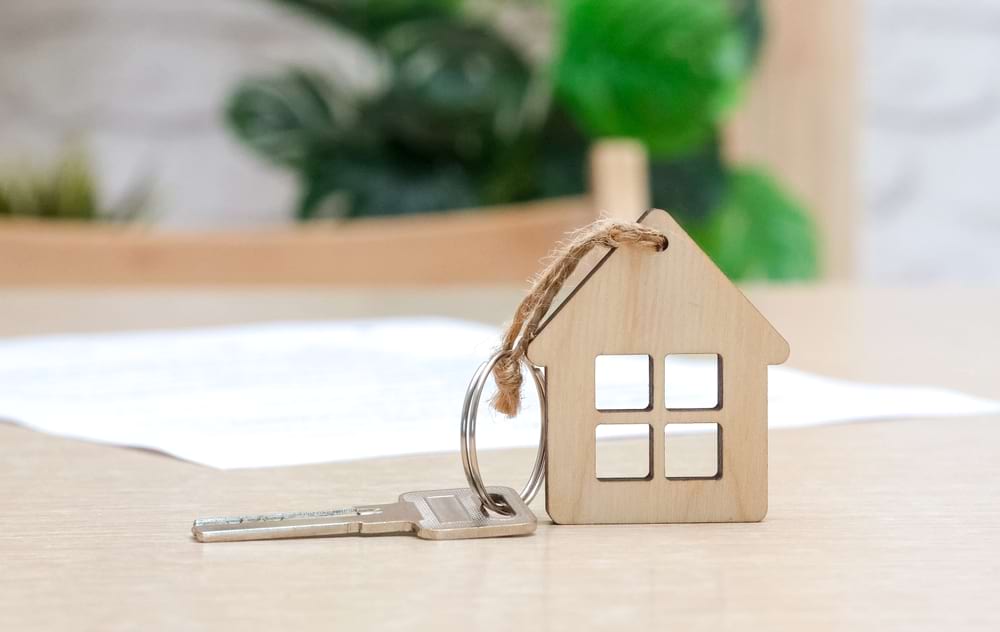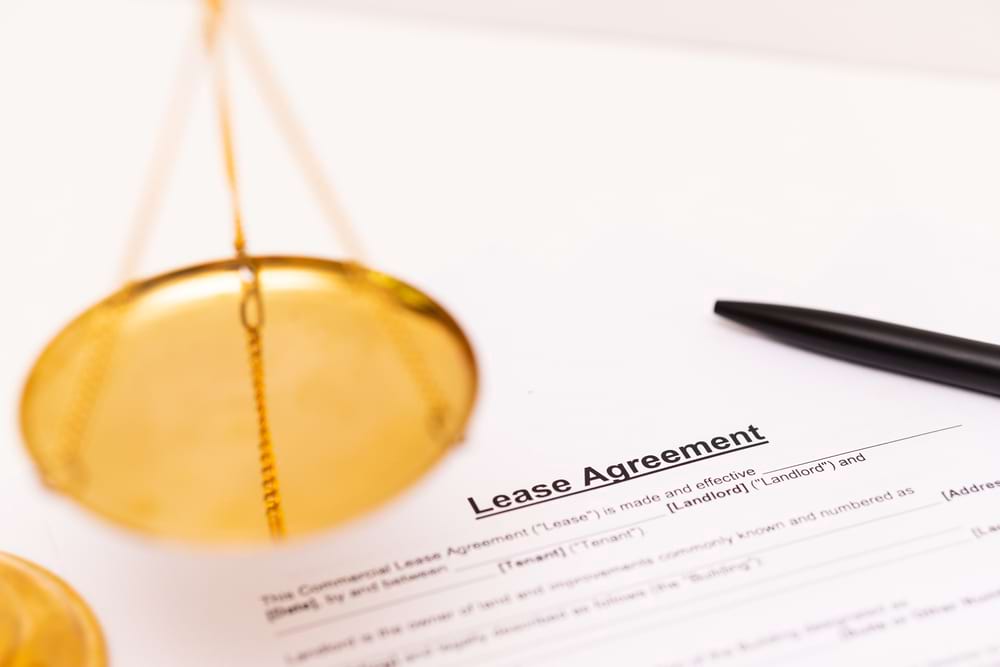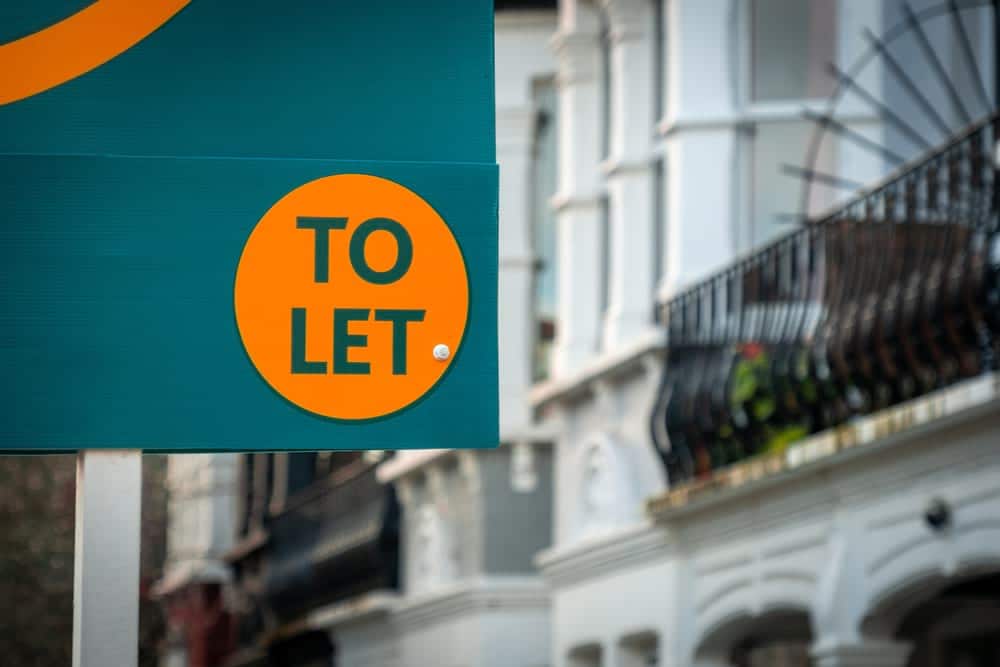The typical landlord has to worry about:
- Unpaid rent payments
- Damage to the property caused by the tenant
- Problem tenants breaking clauses in their contract.
So it’s no surprise that many landlords want to protect themselves.
Fortunately, this is where the deposit protection scheme comes in.
What is a tenancy deposit?
A tenancy deposit is an amount of money paid by a tenant at the start of a tenancy.
It aims to provide the landlord with protection, in case a tenant:
- Damages the property
- Fails to pay their rent.
Since mid-2013, any landlord in the UK that receives a deposit from their tenant is legally required to protect the money in a Deposit Protection Scheme.
Any UK tenants should keep in mind that paying for rent up-front does not count as a deposit. Nor does providing a ‘Holding deposit’ in the context of having it protected.
However, if the property landlord asks for a deposit as security against you not paying rent, this must be deposited in a protection scheme.
In most cases, a tenancy deposit is the equivalent of five weeks rent, however this can vary.
What is the Deposit Protection Scheme?
The Deposit Protection Scheme is when a landlord places the tenant’s deposit in a government-backed scheme.
It ensures that tenants will get their deposit back if:
- They meet the terms of the tenancy agreement
- Do not damage the property
- Pay the rent and bills.
The landlord is required to place the tenant’s deposit into a protection scheme within 30 days of receiving it. This scheme will then hold the money for free.
At the end of the tenancy, the deposit must be returned to the tenant within 10 days of both parties agreeing on the amount that they’ll get back.
Different rules across the UK
The protection schemes available are typically the same for people living in England or Wales.
However, Scotland and Northern Ireland usually have separate protection schemes.
When a UK landlord receives a ‘holding deposit’ from a future tenant (i.e. money to ‘hold’ a house before an agreement is officially signed) then they are not required to protect it.
However, once those people become tenants, the landlord must protect it.
What should the tenant receive from the landlord?
Once a UK tenant pays their deposit, the landlord has 28 days in which to provide them with:
- Details of the amount that has been deposited in an approved scheme
- The tenant’s full address
- The name, address and contact details of the landlord (and any agents)
- The name and contact details of the scheme protecting your deposit
- Any potential reasons why some or all of your deposit may be withheld at the end of the tenancy
- What happens when you cannot be contacted at the end of the tenancy.
Tenants should ensure that all of this information is provided to them, and that they follow-up with the landlord if it is not. They can also request the landlord’s details.
What happens if a landlord and tenant have a dispute?
If a landlord and tenant have a dispute in the UK regarding the tenant’s deposit, then the deposit will remain in the scheme until the dispute has been settled.
If a UK landlord decides to sell the property that the tenant is living in, while they are still living there, then the Deposit Protection Scheme will continue to protect the deposit until the end of the tenancy.
The original tenancy agreement should also outline what happens if the landlord sells the property, including the amount of the notice the landlord should give.
You should always seek independent legal advice if you are uncertain about your circumstances, and want to know your rights as a tenant/landlord in any given situation.



















